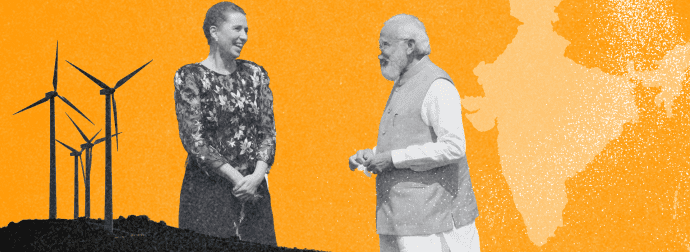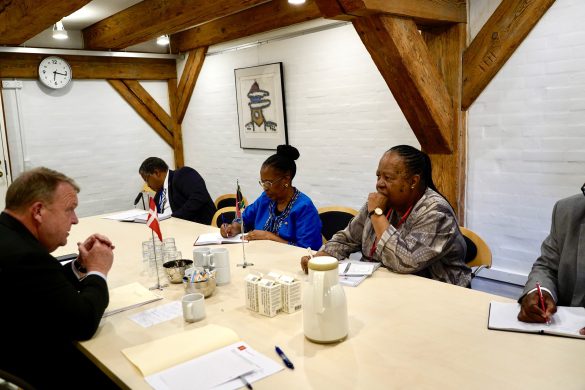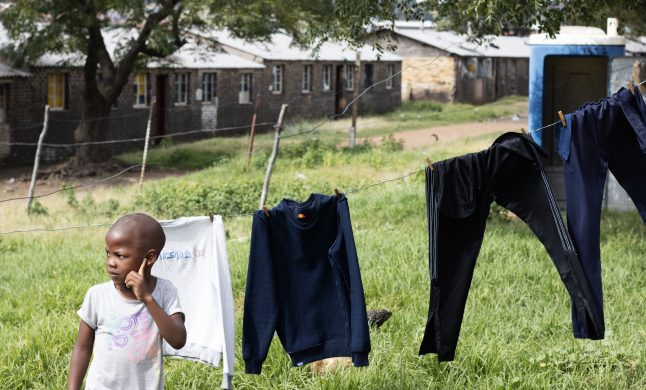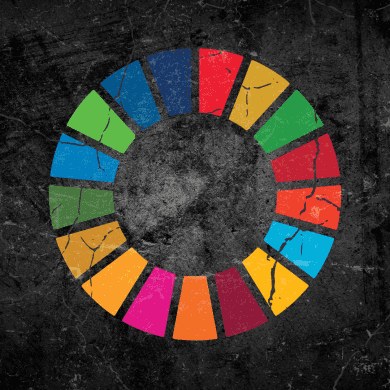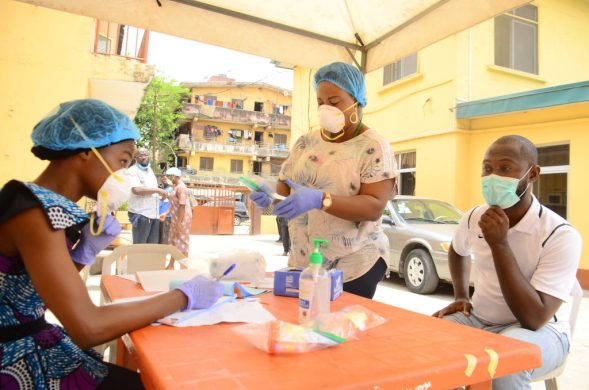NEW YORK 2 December 2009: As the World Trade Organization (WTO) holds a ministerial-level gathering on global food security, a United Nations human rights expert today appealed for the trade community to place hunger high on its agenda and to join multilateral efforts to eradicate the scourge.
Olivier De Schutter, the Special Rapporteur on the right to food, welcomed statements by both developed and developing WTO members recognizing the importance of incorporating food security concerns into the multilateral trading systems, but emphasized that “governments negotiating trade issues must be consistent with the new global consensus on hunger.”
States must not be deprived of the policy space required to take action to bolster food security at the domestic level, he emphasized.
-The current multilateral trade system needs to be fixed, said Mr. De Schutter. -But it would be naïve to think that simply promoting more trade liberalization will be a solution.
What is needed, he pointed out, -is a balanced trade agreement that puts the needs of the hungry at its centre. The poor need appropriate regulation and protection as much as they need trade.
The expert called for three concrete actions. Firstly, he urged a “compatibility check” between existing trade agreements and policies that food insecure nations are seeking to put into place, including those promoted by the UN High-Level Task Force on the Global Food Security Crisis and last month’s UN summit on world food security.
To respond to last year’s global food crisis, many countries implemented programmes to boost resilience against potential higher food prices, such as subsidizing agricultural inputs and setting up food reserve systems.
Mr. De Schutter also called for a review of the Doha Work Programme to examine the long-term impacts of the 2008 crisis.
-Caution is needed to ensure a completed trade deal does not come at the expense of global food security, he said, pointing out that this year’s food economy is very different from that of 2001 when the Doha round began.
-The old assumption of falling prices no longer holds true and food prices are expected to stay above their pre-crisis levels, he said. -The concentration is such in global food markets that an increasing portion of the added value is captured by wholesalers and traders, not producers in developing countries.
Soaring food prices drove the number of the world’s hungry to over 1 billion, which the Rapporteur characterized as an “alarm bell for food security.”
A “good deal” by the WTO will prioritize the interests of the hungry, he noted. -It is a fundamental obligation of trade negotiators to tread cautiously and make sure before any final deal is signed that national economic interests will not come at the expense of the most vulnerable and food insecure.
While trade liberalization redistributes global economic welfare, -it does not automatically lead to improved food security outcomes, he said.
Lastly, Mr. De Schutter, who serves in an independent and unpaid capacity and reports to the Geneva-based UN Human Rights Council, called for a series of conditions – including States retaining the freedom to take action to insulate their domestic markets from international price volatility – to be met as part of a balanced wrap-up of the Doha Round to improve food security.
-Safeguard measures are crucial, he said. -They are the essence of maintaining national food systems in countries that cope with import surges.


